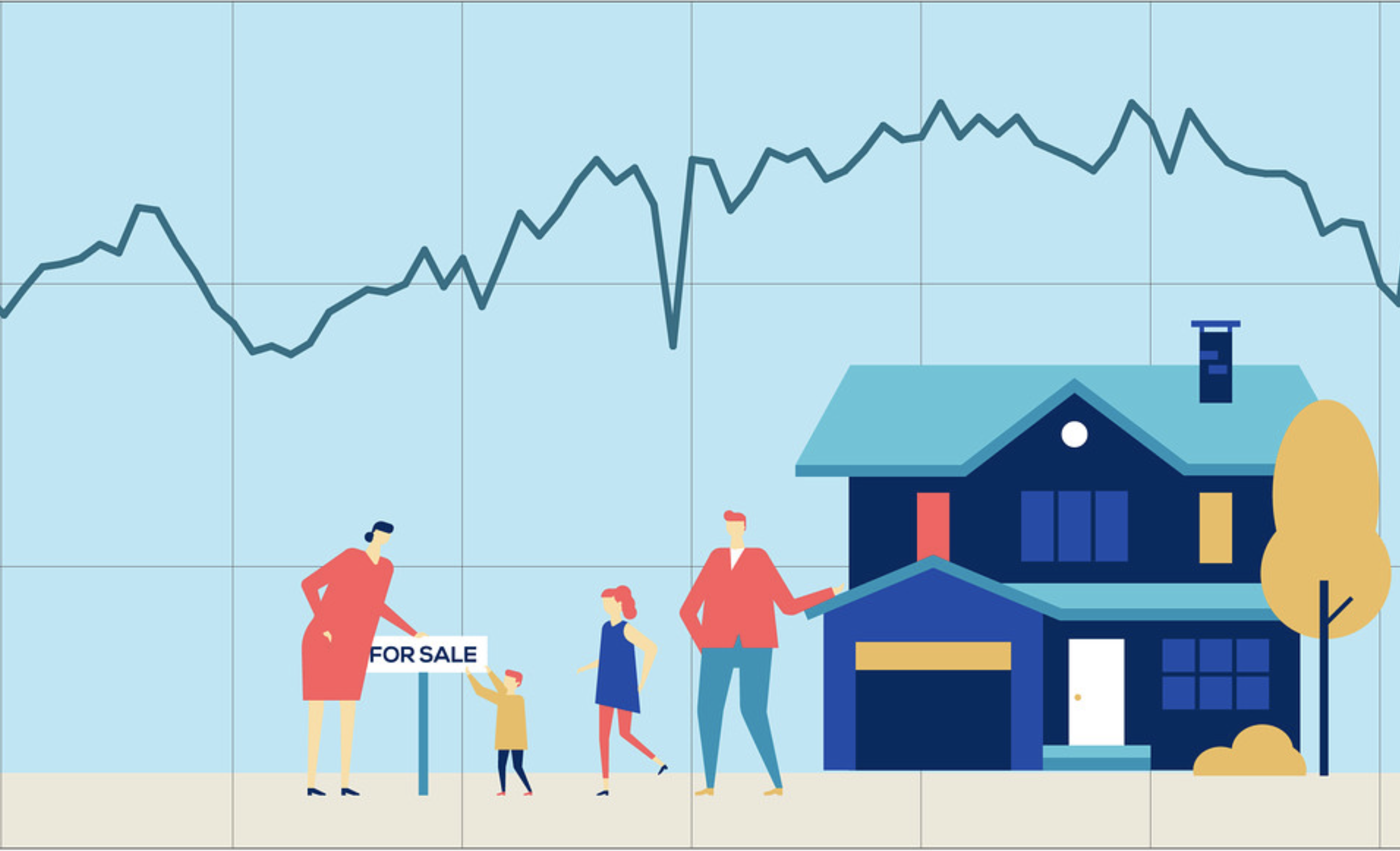COVID-19, or the novel coronavirus, is being seen all across Canada. All major sports leagues have been suspended, concerts are being postponed, and people are descending on grocery stores and pharmacies to stock up for potential periods of quarantine. It is impossible to predict what effect this pandemic will have on the world’s economy and Toronto’s real estate market, but there are some indicators.
The non-medical consequences will be centred around economic inactivity. People staying home in fear of a disease don’t buy dinner at restaurants, see movies, or go to the mall. Craig Wright, the Chief Economist at RBC, said on March 10th that the possibility of a recession in Canada is “almost a coin toss.”
With volatility seen in US and Canadian stock markets this week (The Dow experienced its largest single day crash since 1987, falling more than 20%, and the S&P/TSX Composite Index dropped by 12%), will the real estate market see similar fluctuations, or do everyday people see it as a safer haven to park their wealth in potentially troubled times? The Bank of Canada’s response was to cut interest rates by 0.5%, but whether or not that will have any effect on buyers is to be determined in weeks and months – not days.
The effects on the real estate market
It’s logical to expect a moderate slowdown in sales. Governments and public health officials are recommending social distancing. Buyers and sellers will be mindful of busy open houses, and people in the market for a house won’t want to venture out every weekend to see multiple properties. As viewings decrease, so will offers made, offers accepted, sales completed, etc.
Will house prices actually drop in the short term? This is an unlikely scenario. The currently accepted outcome of this pandemic is between 10-14 weeks of peak transmission. Homeowners should keep their listings active for that time. For some context, the 2003 SARS outbreak saw Hong Kong’s real estate market drop by less than 10% over 6+ months. The current coronavirus isn’t expected to last as long.
Buyers and agents willing to brave the panic and submit offers may be able to capitalize on this pause in the market. If instead of 15-20 offers going in on a property there are only a handful, those are improved odds for prospective purchasers.
New listings may also take longer to hit the market as owners sit tight and wait for the pandemic to end.
The right broker can make a big difference in the short term
How do you interest prospective buyers if tours are down? For sellers looking to maximize their sales during this uncertain time, there are ways to still generate interest. By marketing their property in the most innovative ways possible, such as 3D virtual tours, extensive professional photography, floor plans, virtual staging, and social media market campaigns, sellers can still stand out. Justo Real Estate Brokerage provides these features for every property we list. Even if potential buyers aren’t visiting as much or attending open houses, these will allow them to see your home as if they were there in person.
Light at end of the tunnel
It is natural for people to panic in the short term. The virus is still making its way around the world and its potential effects are impossible to predict. If there is a recession caused by COVID-19, it should be brief and all levels of government are working to lessen any impacts. While Italy suspends mortgage payments and the United States works on legislation for paid leave and tax cuts, Canada would be in line to consider similar measures to maintain the economy’s status quo.
When the dust does settle on the coronavirus in Canada, the real estate market should see an immediate uptick in activity as people who were actively selling or buying property return to business as usual. There will be a flurry of offers made by people who were in the market for a new home before the coronavirus made its way to Canada and forced the economy to hit pause.
- The Impact of Interest Rate Cuts on Toronto’s Housing Affordability - April 23, 2025
- Bank of Canada Holds Interest Rate Steady Amid Tariff Uncertainty - April 19, 2025
- The Impact of Interest Rate Cuts on Toronto’s Housing Affordability - April 11, 2025




